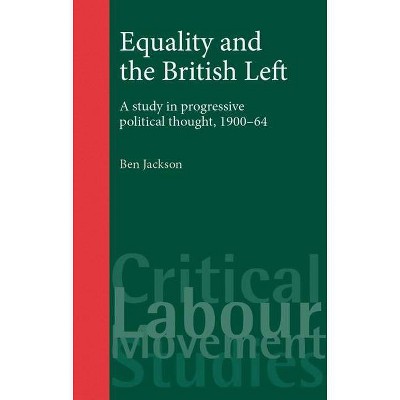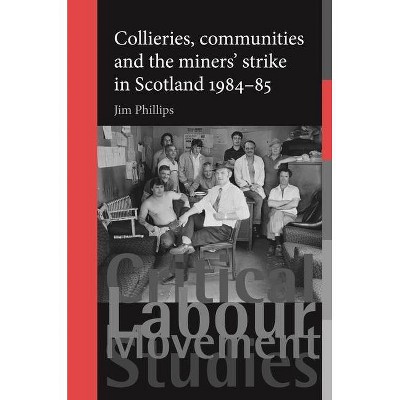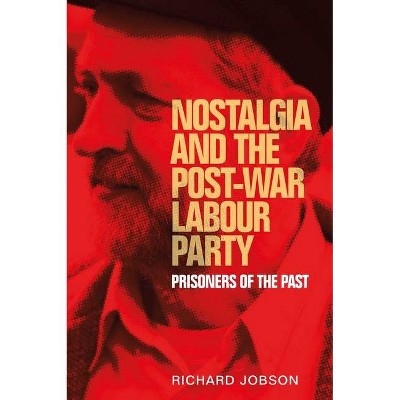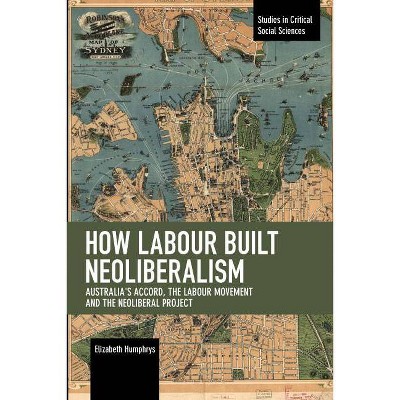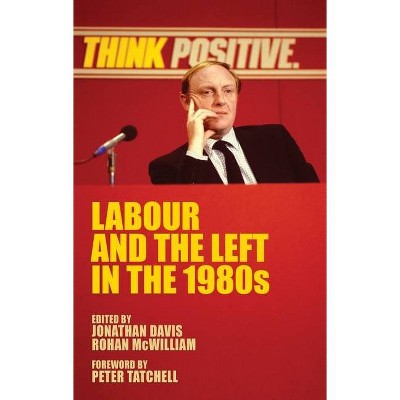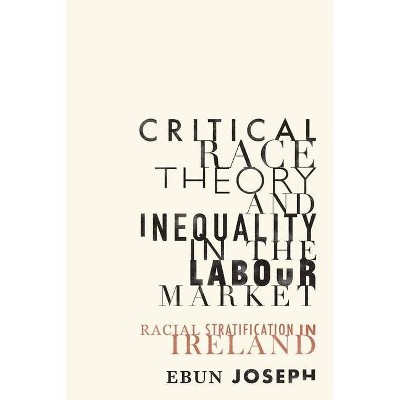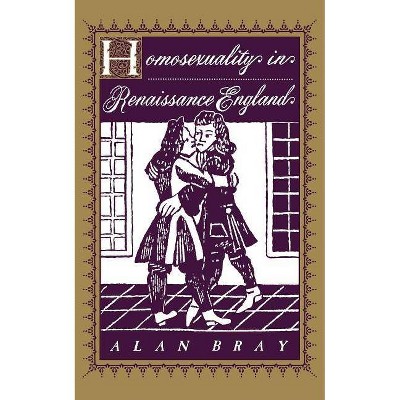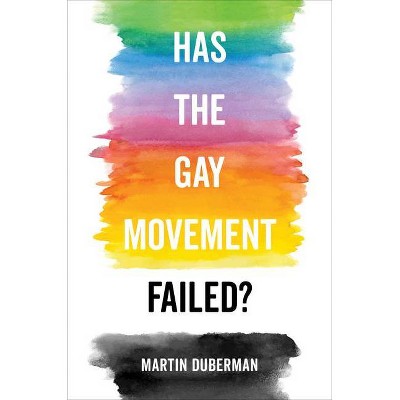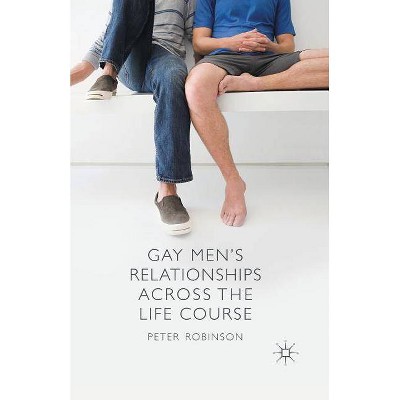Gay Men and the Left in Post-War Britain - (Critical Labour Movement Studies) by Lucy Robinson (Paperback)
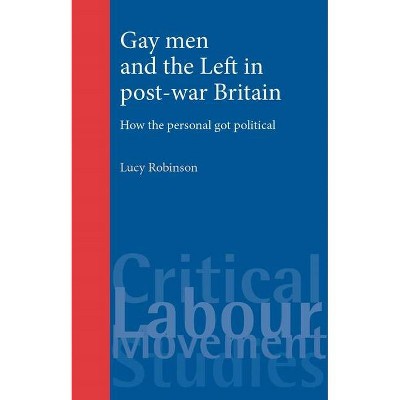
Similar Products
Products of same category from the store
AllProduct info
<p/><br></br><p><b> About the Book </b></p></br></br>When the personal became political it changed British politics for ever. Gay men and the left, available in paperback for the first time, explores the enormous impact that gay politics had on the landscape of post-war Britain.<p/><br></br><p><b> Book Synopsis </b></p></br></br>This book, newly available in paperback, demonstrates how the personal became political in post-war Britain, and argues that attention to gay activism can help us to fundamentally rethink the nature of post-war politics. While the Left were fighting among themselves and the reformists were struggling with the limits of law reform, gay men started organising for themselves, first individually within existing organisations and later rejecting formal political structures altogether. Gay activists intersected with Trotskyism, Stalinism, the New Left, feminism and youth movements. As the slogan of the Gay Liberation Front proclaimed, 'Come out, come together and change the world'. Culture, performance and identity took over from economics and class struggle, as gay men worked to change the world through the politics of sexuality. Throughout the post-war years, the new cult of the teenager in the 1950s, CND and the counter-culture of the 1960s, gay liberation, feminism, the Punk movement and the miners' strike of 1984 all helped to build a politics of identity. When AIDS and Thatcherism impacted on gay men's lives in the 1980s, gay politics came into its own. There is an assumption among many of today's politicians that young people are apathetic and disengaged. This book argues that these politicians are looking in the wrong place. People now feel that they can impact the world through the way in which they live, shop, have sex and organise their private lives. Robinson shows that gay men and their politics have been central to this change in the post-war world. This book will be valuable for students and academics of Politics, Modern British History, Media and Cultural Studies and Gender Studies as well as those interested in gay or left-wing history and politics.<p/><br></br><p><b> From the Back Cover </b></p></br></br>Available in paperback for the first time, this book demonstrates how the personal became political in post-war Britain, and argues that attention to gay activism can help us to fundamentally rethink the nature of post-war politics. While the Left were fighting among themselves and the reformists were struggling with the limits of law reform, gay men started organising for themselves, first individually within existing organisations and later rejecting formal political structures altogether. Culture, performance and identity took over from economics and class struggle, as gay men worked to change the world through the politics of sexuality. Throughout the post-war years, the new cult of the teenager in the 1950s, CND and the counter-culture of the 1960s, gay liberation, feminism, the Punk movement and the miners' strike of 1984 all helped to build a politics of identity. There is an assumption among many of today's politicians that young people are apathetic and disengaged. This book argues that these politicians are looking in the wrong place. People now feel that they can impact the world through the way in which they live, shop, have sex and organise their private lives. Robinson shows that gay men and their politics have been central to this change in the post-war world.<p/><br></br><p><b> Review Quotes </b></p></br></br><br><br>Lucy Robinson's excellent account of 'how the personal got political' tells the story of Clause 28 and some of what happened afterwards, but mostly it tells what went before. -- James Heartfield, Spiked Review of Books.<p></p><br><br><p/><br></br><p><b> About the Author </b></p></br></br><br>Lucy Robinson is Lecturer in Modern British History at the University of Sussex<br>
Price History
Price Archive shows prices from various stores, lets you see history and find the cheapest. There is no actual sale on the website. For all support, inquiry and suggestion messagescommunication@pricearchive.us
